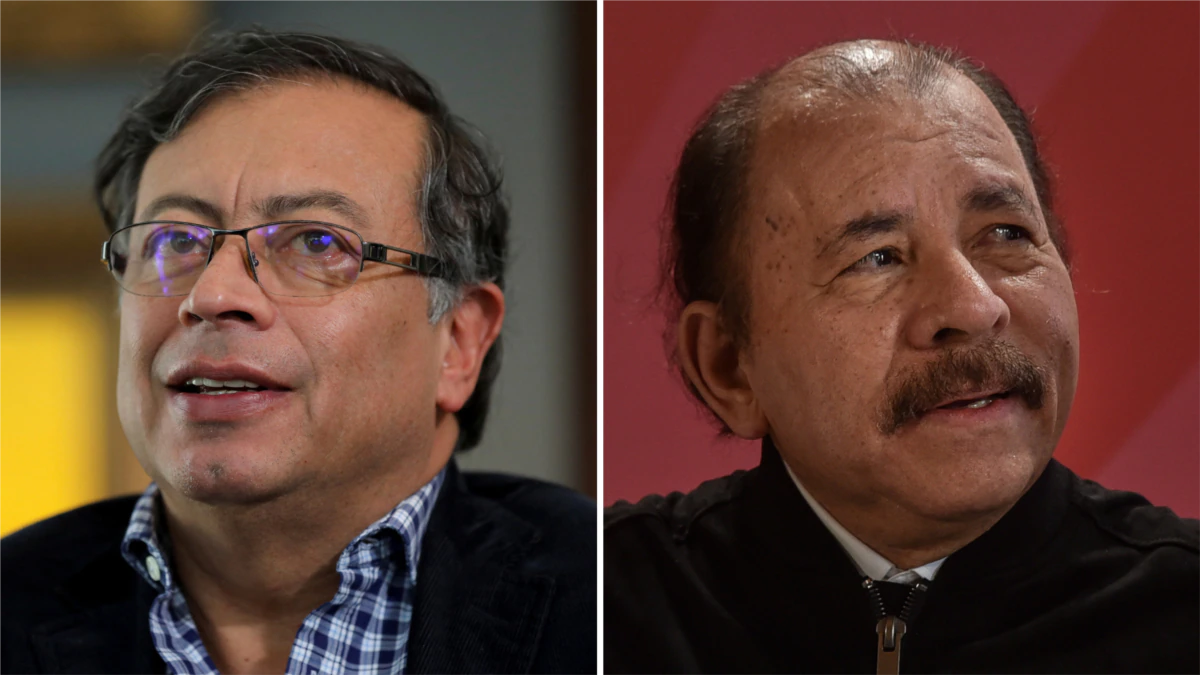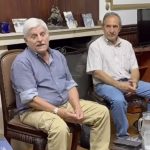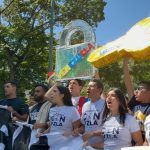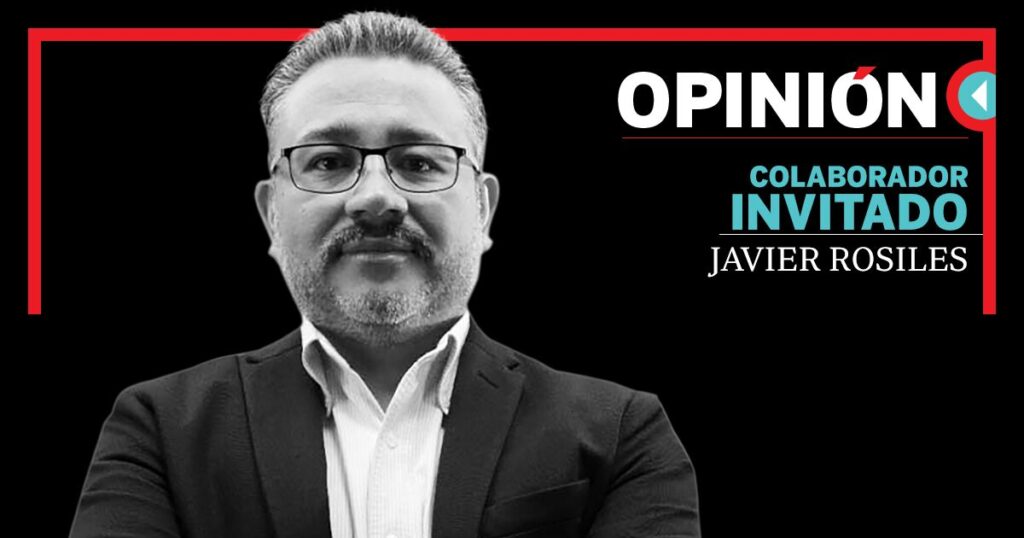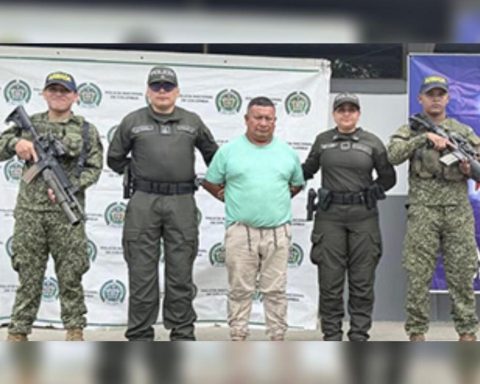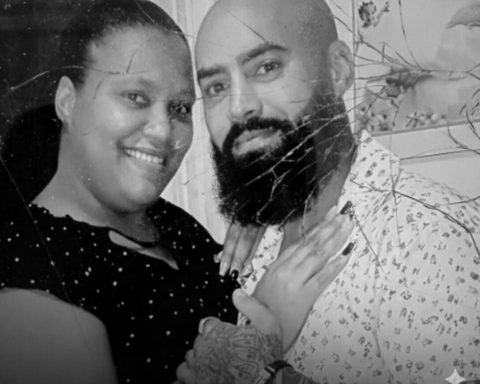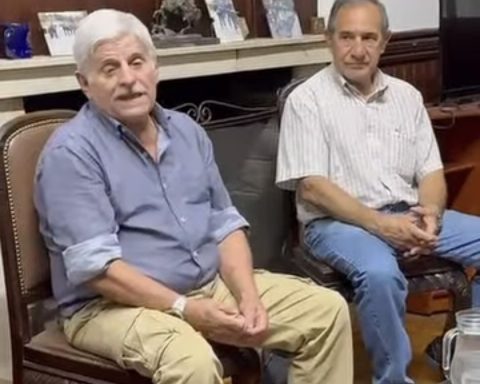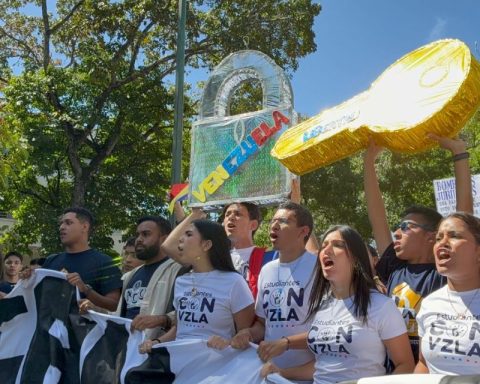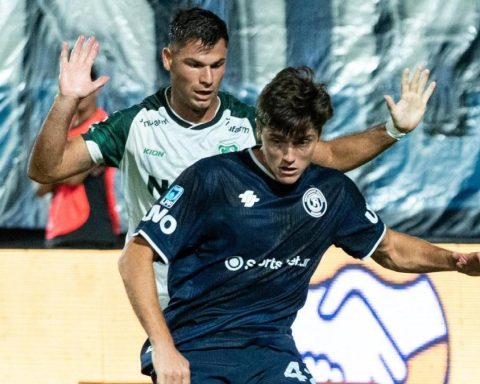Relations between Nicaragua and Colombia have remained stagnant in recent years, but that could change with the coming to power of the Colombian leftist leader Gustavo Petro, experts point out.
The former guerrilla of the demobilized April 19 Movement (M-19) and former mayor of Bogotá will govern from next August 7 for the constitutional period 2022-2026.
What does Petro inherit and what to expect?
The link between the government of Daniel Ortega and the former president of Colombia Iván Duque hit rock bottom in February of this year, when the Sandinista president he expelled the Colombian ambassador, whom he called “interfering”.
Analysts consulted by the voice of america They point out that the fact that Petro won the recent elections in the South American country could make a difference because it is what they describe as a “multilateralist” government.
Experts also consider that Petro could promote important approaches in the region “because of the change that his government will represent” in terms of foreign policy.
Political analyst Pedro Viveros maintains that Petro’s main decisions will be focused on beginning to solve some of Colombia’s problems with neighboring countries.
In that sense, Viveros points out, Petro has chosen Álvaro Leyva Durán as foreign minister, a person who has worked a lot on peace issues and was a key player in the agreements with the FARC.
“Leyva has always managed a theory of making total peace with the different actors – some of whom are outside the law – and others who are asking for submission to Colombian justice,” Viveros said during the Skype interview with the Voice of America.
The expert also mentions that both countries have been involved in litigation that has been settled in the International Court of Justice in The Hague.
“Interesting line on politics”
On the other hand, Viveros indicates that favorable changes can be expected in the bilateral relationship, but foresees differences, citing Petro’s recent statement to the Colombian media Changein which he argued that Nicaragua is being governed by a political group that is putting in jail the people who allowed the overthrow of Anastasio Somoza, as is the case with former guerrilla Dora María Téllez.
“That is already an interesting line in terms of politics between Colombia and Nicaragua, because a leftist president like Gustavo Petro, who even talks about these people who are being beaten by the Daniel Ortega regime, calls them “companions”, in apparent an allusion to the time when he was a member of the M19 group, which was a subversive group here in Colombia,” says Viveros.
According to the political scientist, Petro “is going to try to defend those people who are being imprisoned by the Daniel Ortega regime.”
What does part of the Nicaraguan opposition think?
From the point of view of the Nicaraguan opposition, there is also a positive position, according to the spokesman for the leftist organization Unamos, Héctor Mairena.
According to the leader of Unamos – an organization founded by Sandinista dissidents such as Dora María Téllez – in Latin America there is “a resurgence of democratic progressive forces” such as that of Gabriel Boric in Chile and Petro in Colombia that today “reclaim democracy.”
Mairena said that in recent weeks, the organization has maintained direct communication with different officials of what will be the government of President-elect Gustavo Petro.
“We leave you with absolute clarity that the situation in Nicaragua needs to be resolved peacefully as we have proposed, but that Nicaragua also needs a democratic solution to the crisis it is experiencing and that is crossed by solidarity with our struggle and, therefore, Of course, with our demand for the release of political prisoners, of all political prisoners. I have no doubt that the government of President-elect Gustavo Petro will continue a policy consistent with the defense of democracy and human rights in Latin America,” Mairena said.
Ortega congratulated Petro after the announcement of his victory in the elections that concluded on June 19. Ortega indicated that he hoped “to continue strengthening a history as our peoples deserve.”
Mairena explains Ortega’s greeting to Petro in his terms.
“It should be noted that the greeting to any elected president is a matter of mere formality, which does not mean support or recognition of either the person being greeted or the person greeting,” Mairena said.
Connect with the Voice of America! Subscribe to our channel Youtube and turn on notifications, or follow us on social media: Facebook, Twitter and Instagram
